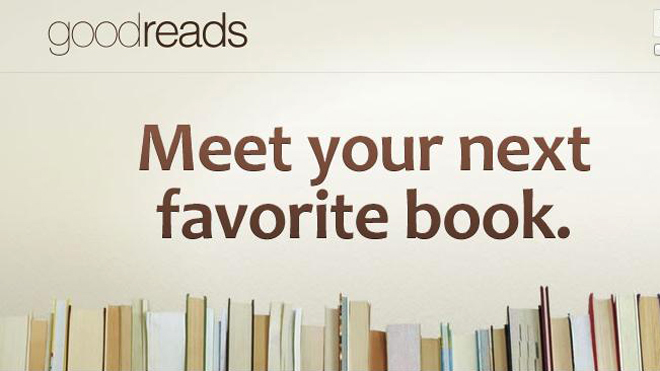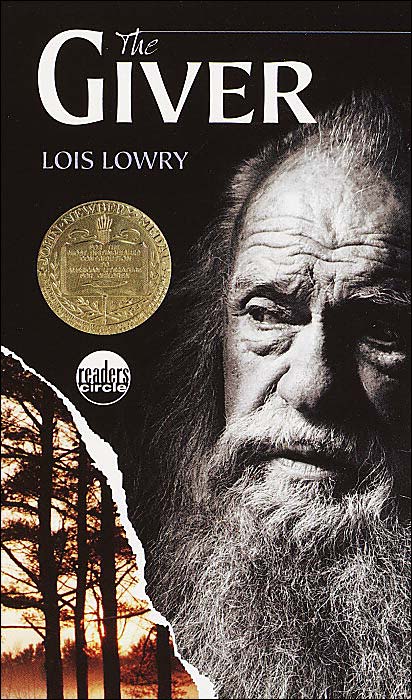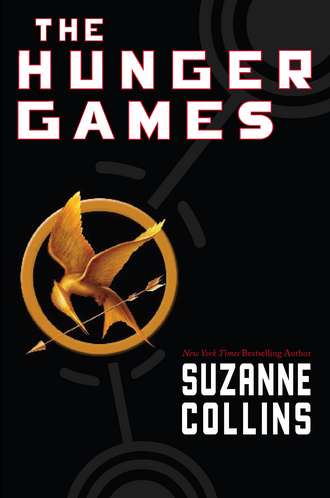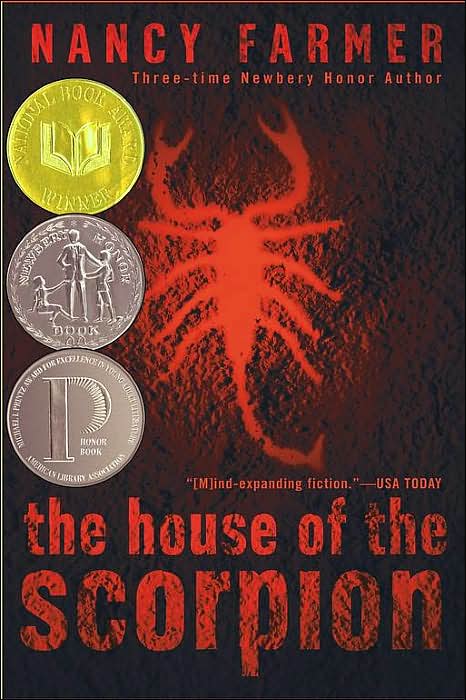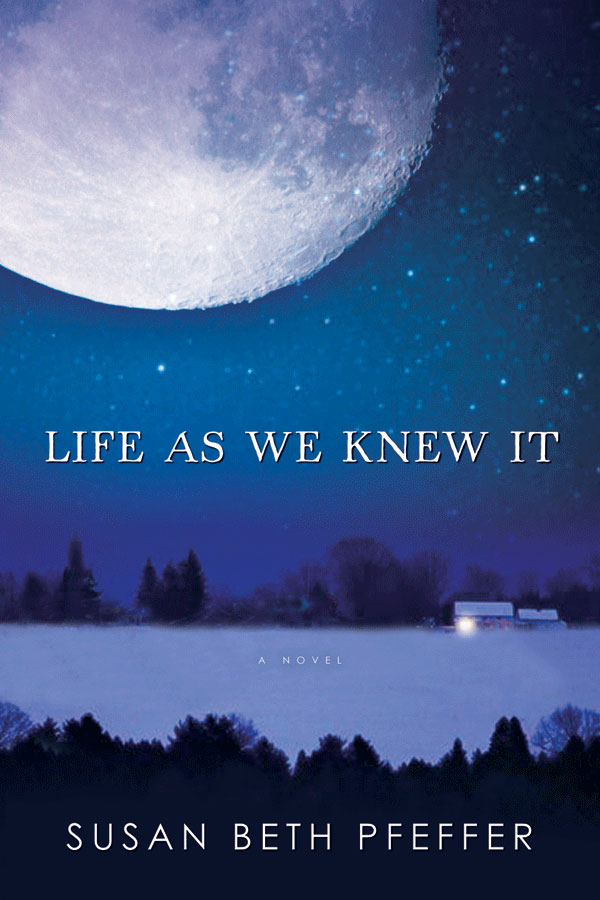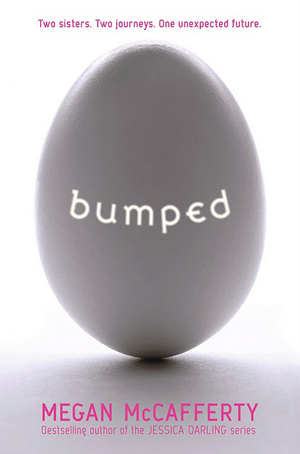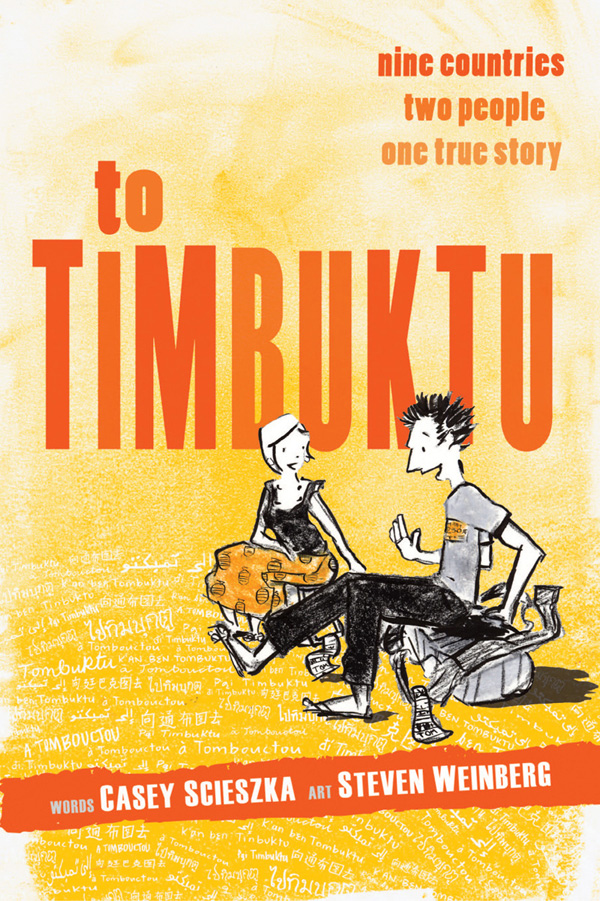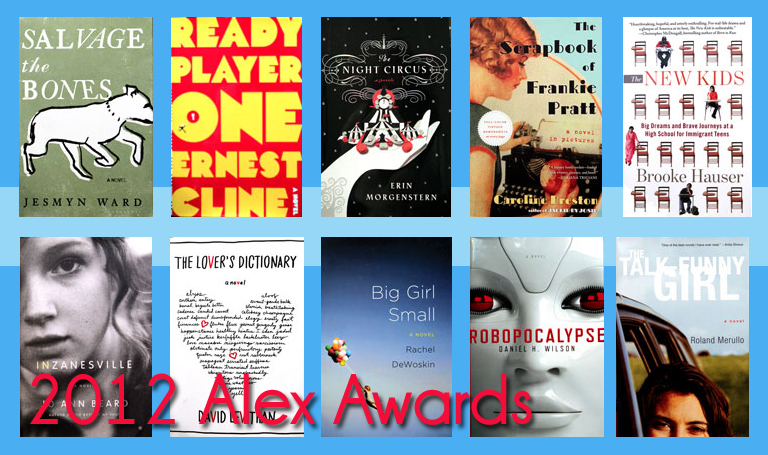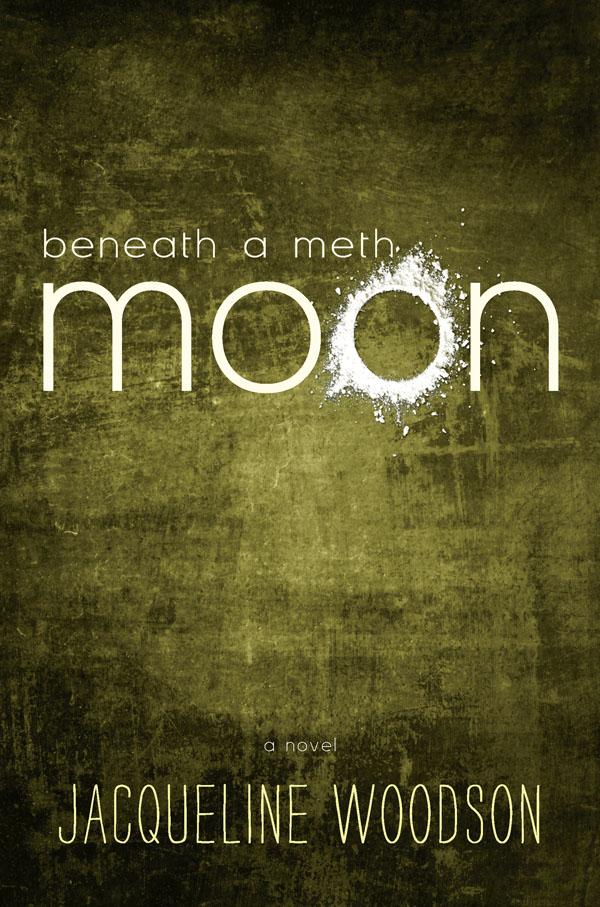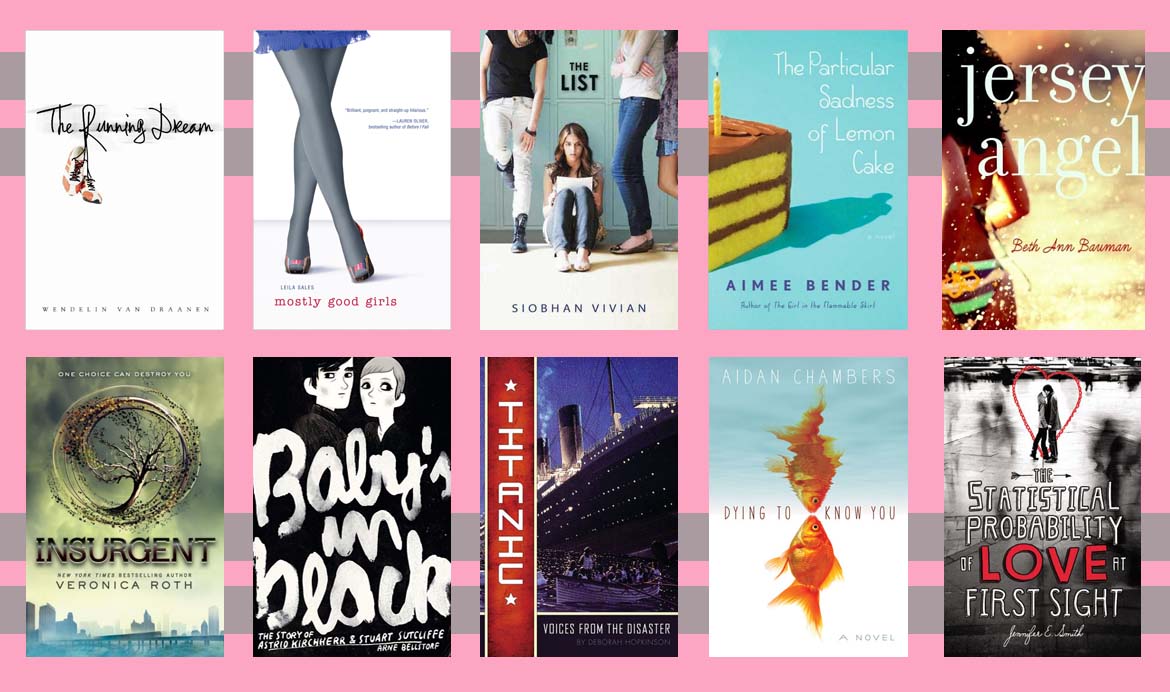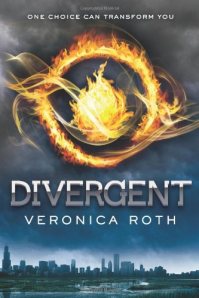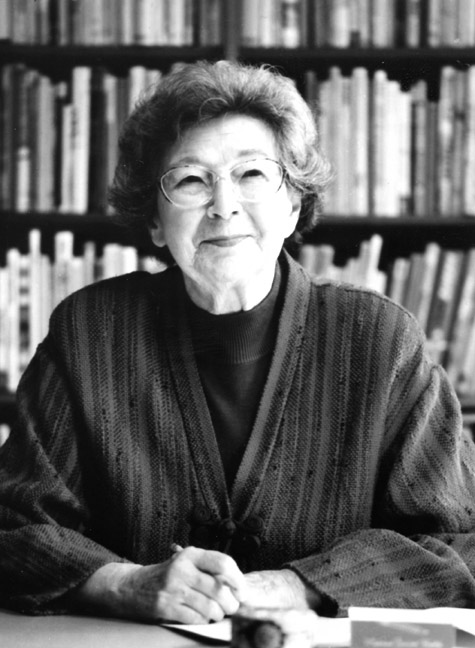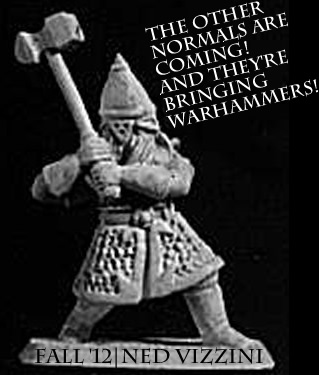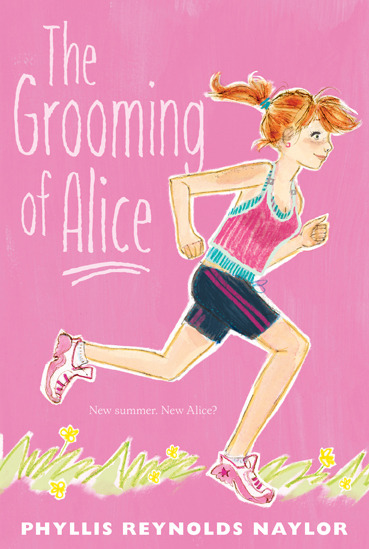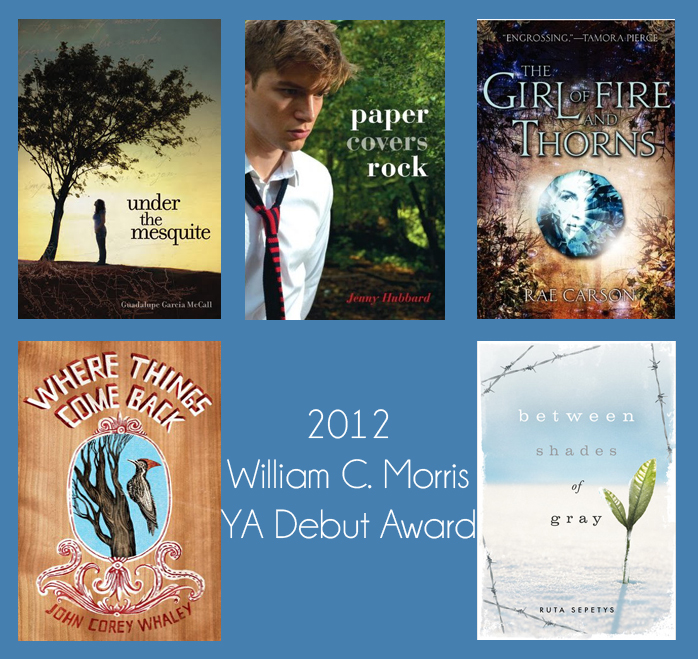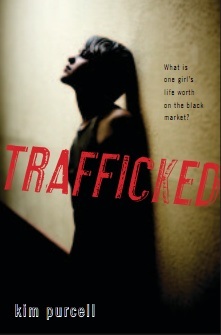I didn’t think this would happen, but the iPad is certainly changing the way I waste time on the Internet.
I usually resist acquiring new social network accounts. I have enough websites sucking my time. But the iPad! It doesn’t feel like wasting time on the Internet – using an app instead of a browser doesn’t feel like a time-suck, it feels like fun!
Urm. Yeah.
Anyway, these two apps/sites have me pretty enthralled lately.
1. Goodreads
It probably seems strange, but I haven’t really been that into social-reading-catalogs. I got excited about LibraryThing, but I found out the hard way that they had a cap on the number of books you can enter in. This was four years ago, so maybe now that they are bigger they’ve dropped it, but I felt pretty sour about the time I spent, only to find out I couldn’t finish the task or make any updates. I returned to my old method of… oh… keeping a list.
I’ve had a Goodreads account since then, I flirted with Shelfari for awhile, but neither stuck, UNTIL I GOT MY IPAD! The Goodreads app is easy and fun to use – I like seeing the “feed” of what my friends are reading, I like rating books when I’m done reading them, I like reading what other people thought about the books that I am currently reading, etc.
It’s possible that I waited long enough for lots of people to join, and now I’m back to hang out with them, but I log onto Goodreads most times I am using the iPad, just to check in on things.
I update a lot, so if you are into knowing what I am reading IN REAL TIME, feel free to add me as a friend! I also write tiny non-reviews sometimes… stuff like “WHAT WAS THAT BOOK’S PROBLEM?!” and other nuggets deeply critical analysis.
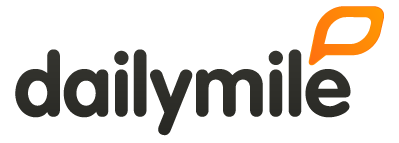 2. Dailymile
2. Dailymile
Occasionally I decide that my health would be much better if I could just keep track of how many glasses of water/pieces of fruit/calories I ingest and then track those figures against how many minutes I spend on an elliptical machine/times I run around a track/number of sit ups I can do without experiencing muscle collapse. It’s dieting common knowledge that people who keep a food log eat less, even if they don’t make any other deliberate changes. Why not cash in, especially if you are an anal retentive person who likes lists more than she likes people?
The process, though, goes like this:
Step One: I start writing things down on paper.
Step Two: Get annoyed by carrying around an extra notebook/my poor handwriting/the lack of room on a single page. Begin to create some kind of new-fangled spreadsheet.
Step Three: Want to do more things that I know how to do using Excel. Think “Hey, aren’t there people who made websites for this crap?” Sign up.
Step Four: 2 days later, I don’t even remember my password and I’ve added half a meal or one workout or whatever. Return to stasis.
I started running again just around the time that we got the iPad. I wanted a place where I could keep track of how many miles I was running – I was trying to work up from 1 to 3 miles pretty quickly, but I didn’t want to go too fast and give myself some kind of stupid beginner’s injury. I went through the above process, but when I got to #3, I found Dailymile, and I’ve stuck with it.
Life tracking is much easier on a mobile device. I think I use the mobile site to update Dailymile – I don’t think they have an iPad app – and it’s easy, fast, and voila! Cool little charts! Weekly mile counts! Fun! Fun! Fun!
I also like to look at these lifetime stats when I log in.
I have run more than 75 miles this year!!! Holy crap! I have not, however, made it around the world yet. And I don’t even have to feel bad about eating those four dozen donuts this year – I burned them all RIGHT off!
I have all of 2 friends on here, so if anyone is a runner, we should be friends. Unless you are a crazy marathon runner and are going to make me feel bad about running a grand total of 6 miles last week. Just kidding, we can be friends! Motivation! Right?
Now that the gates are open, I am open to wasting more time doing other pointless things. Anyone have an app they are obsessed with, for iPad or iPhone and have a time-suck recommendation? I’m all ears!
